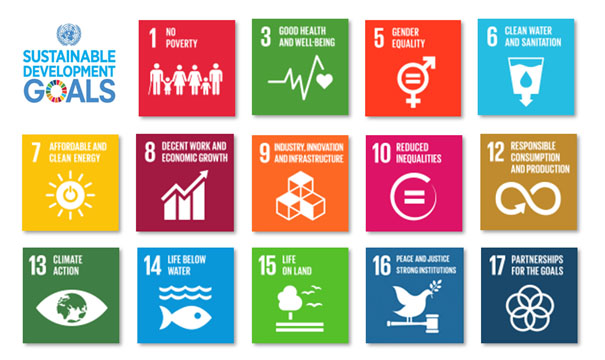But our mission to care goes much further than that. We also do our best to take care of people and the environment around us. Therefore, it is natural that we are involve in how the workers, producing our garments, have it at work.
But sustainability is much more than this. It is about choosing good quality materials that make the garments last longer. And for us to contribute to a sustainable society. It is about helping you to find the right clothes for work and to give advice on how to best take care and manage the clothes so that they last longer. Because every small step count, and we want to do our best to drive the development in these issues.
Circular Economy
- We are when possible working with leftover fabric that is already available from over production rather than to produce new material and increase the fabric stock situation in the world. This kind of fabrics are used in smaller in season collections.
- In the process for circular economy and looing the products we are cooperating with several local organizations internationally and nationally with the objective to find new ways to handle the garments that are produced, sold and then will come back into the loop. Important partners in this work is the among others Re:textile, Borås Science Park and Textile Fashion Center in Borås, Sweden.
- Designing for second life. In the design process we are always thinking about the possibilities for closing the loop and the next possible life for each product.
Every decision counts
- We have simplified return flows to reduce the environmental impact and increase the customer experience.
- At Färgeriet do we dye some of our fabrics with environmentally friendly colors and methods.
- In the production we minimize waste and maximize how materials are cut.
Global compact
Our responsibility to contribute to the Global Compact (Sustainable Development) is strongly linked to our customers, as we want those who buy and wear our clothes to know that they make a sustainable choice.
Global goals for sustainable development are 17 goals that were developed and decided in 2015 by the UN Member States. The goals have been set to make the world a better place by 2030 and achieve extraordinary things: put an end to poverty, fight inequality and tackle climate change. Governments have set global goals for sustainable development and demand action from all countries. Achieving these goals requires everyone to contribute and we, of course, have an important role to play. The global goals are a tool for collaboration, as the goals create a global common foundation for sustainability and enable everyone to work together to build a better future.
At Hejco (HejMar AB), we have identified 14 of the global goals where our business can make a difference. We have designed our sustainability work and focused our efforts on projects and initiatives to support these goals.
